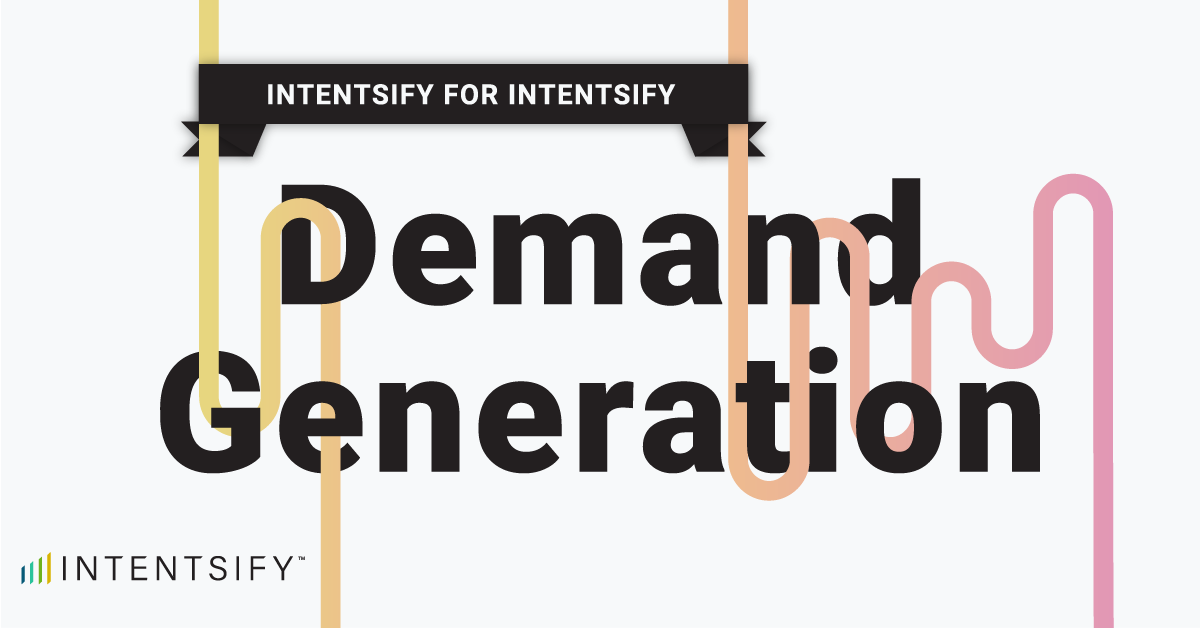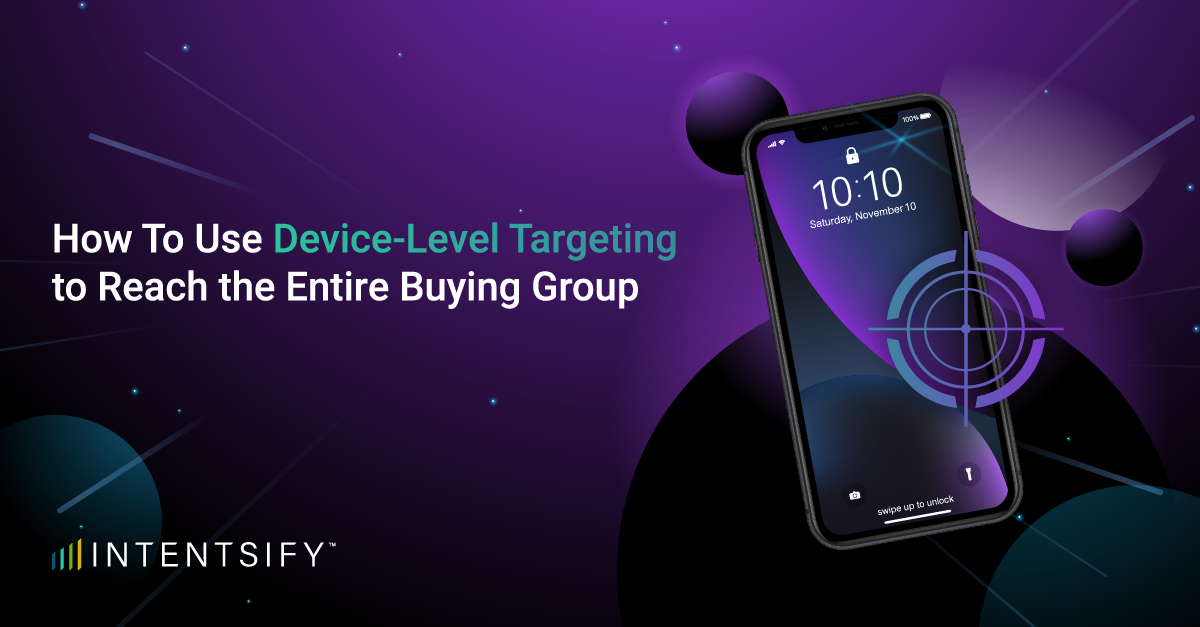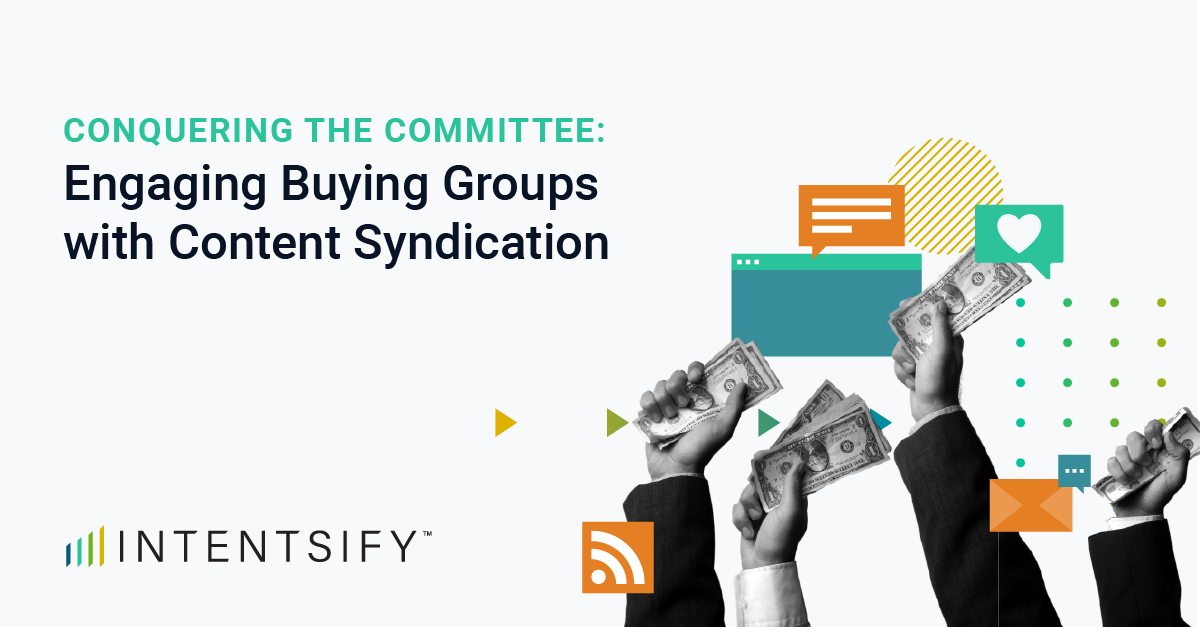You know the feeling. You’ve invested in the latest martech platform, assembled the team, and launched your B2B demand generation campaigns with high hopes. Six months later, you’re drowning in dashboards, struggling with execution, and still not seeing the pipeline impact you expected.
The problem isn’t your strategy. It’s that executing complex, multi-channel ABM programs has become a full-time job unto itself. Between managing platforms, optimizing campaigns, and proving ROI, there’s barely time left for what really matters: strategic thinking and business growth.
That’s where managed marketing services come in. Instead of spinning your wheels on execution, you get expert teams handling the heavy lifting while you focus on driving the business forward. More B2B organizations are outsourcing lead generation and digital advertising to specialized providers who can deliver better results with less internal overhead.
Here are four practical reasons why managed services for lead generation and digital advertising are transforming how brands approach B2B demand generation.
1. Field-Tested Intent Data
Most in-house teams operate on historical data, hunches, or the limited view from a single platform. But B2B buyer intent changes continually, and your programs need to adapt quickly. The right managed services provider offers not just execution, but access to proprietary, battle-tested intelligence that consistently outperforms standard intent data sources.
The goal is simple: Go to market with confidence.
With a proven managed services approach, you can go to market knowing your programs are built on a foundation that works. Your team isn’t gambling on unproven technology or spending months figuring out if your data vendor’s signals are accurate. You’re meeting prospects at the exact right moment with buying group intelligence that drives real pipeline.
This approach to managed services means:
- Less wasted spend on accounts that aren’t in-market
- Higher engagement rates from the start
- Shorter sales cycles
When your demand generation strategy is powered by accurate intent data, every impression counts.
2. Time Savings and Renewed Strategic Focus
Managing platforms, optimizing campaigns, troubleshooting sync issues, and staying current with constantly evolving privacy and platform requirements is a full-time job—or several. This operational burden often hijacks the marketing team, forcing your best strategists to become platform administrators.
A robust managed services model frees your team to focus on strategy.
By leaving the execution and complex platform management to a dedicated team of experts, your internal resources can pivot to high-value activities:
- Developing market positioning
- Crafting compelling content
- Optimizing the sales handoff
- Planning the next quarter’s strategy
You gain the specialized expertise of a large team without the overhead, allowing your core team to think bigger.
3. Flexible Scalability Without Fixed Overhead
Market conditions change. Budgets fluctuate. Priorities shift. The last thing you need is a rigid program structure that can’t adapt to your business needs.
Traditional in-house programs come with fixed costs: team salaries, platform licenses, and agency retainers. Whether you’re running at full capacity or need to scale back, those costs remain constant. And when you need to expand your digital advertising or lead generation efforts? You’re looking at months of hiring, onboarding, and training before you see results.
Managed services for lead generation and digital advertising offer flexibility that in-house teams simply can’t match:
- Launch new B2B demand generation campaigns in days, not months
- Increase lead volume during peak demand periods
- Scale back spend during slower quarters without restructuring your team
- Test new digital advertising channels or tactics without long-term commitments
- Pivot targeting and messaging as market conditions evolve
This agility is especially valuable in today’s uncertain economic environment. When your CFO asks for a 20% budget cut mid-quarter, managed marketing services let you adjust program intensity without scrambling to restructure your entire team. When leadership suddenly prioritizes a new market segment, you can shift resources immediately instead of waiting for the next planning cycle.
4. Buyer Intelligence in the Systems You Already Use
Intent data is only powerful if it’s actionable. Too often, ABM vendors expect teams to log in to a separate platform, failing to share the data with existing systems. This creates friction, slows response times, and leads to wasted follow-up.
It’s where many managed services providers fail: They operate in their own silo, delivering insights through separate dashboards that nobody has time to check. Your team ends up with buyer intelligence that technically exists but practically goes unused. The right managed service connects directly to the CRM, MAP, and CDP systems your team already works in every day.
When data from your managed services provider lives in your existing tech stack, it actually gets used. Sales reps follow up on high-intent accounts. Marketers personalize campaigns based on research behaviors. Account executives prioritize outreach to buying groups showing active engagement across digital advertising channels.
Many other providers claim to integrate with your existing systems, but the reality is far messier. The process is overly complex, requiring custom configurations, ongoing maintenance, and IT resources most teams don’t have. Even when integrations technically work, they rarely sync properly: data arrives incomplete, updates lag by days, or fields don’t map correctly between platforms. Your team ends up troubleshooting the integration instead of acting on insights.
A straightforward integration isn’t just a technical nicety for B2B lead generation services—it’s the difference between having data and actually leveraging it to drive revenue. This seamless approach is what separates effective managed marketing services from vendors that add complexity.
Making the Case for Managed Services: Execution Excellence Frees Strategic Capacity
The case for managed services isn’t about replacing your team — it’s about amplifying their impact and accelerating your demand generation results.
Your marketers bring irreplaceable strategic value: They understand your market, know your customers, and can craft messaging that resonates with buying groups. But when they’re buried in platform management and campaign execution, that strategic value never fully materializes.
Managed marketing services let you have both: expert execution of B2B demand generation strategies that deliver consistent results plus the strategic capacity to drive the business forward. Through outsourcing, you get battle-tested intent data, flexible program structures, seamless CRM integrations, and reliable performance — all while your team focuses on the work that only they can do.
For B2B marketing leaders evaluating whether to build in-house capabilities or partner with managed services providers, the data is clear: Companies that outsource lead generation and digital advertising execution to specialized providers see faster time-to-value, lower overall costs, and better ROI than those managing everything internally.
Ready to shift from execution to strategy?
Learn more about how Intentsify’s managed marketing services can transform your lead generation and digital advertising programs with proven intent data, expert campaign management, and seamless integration with your existing tech stack.






